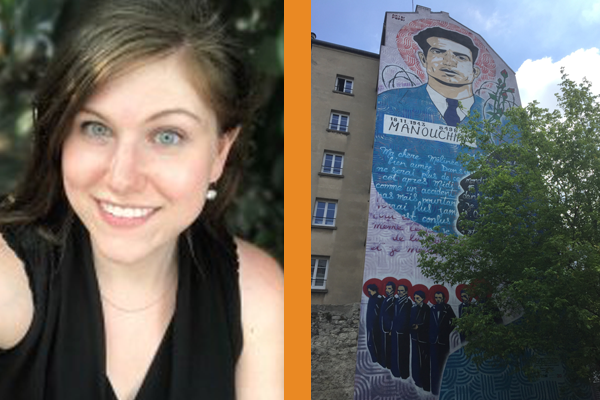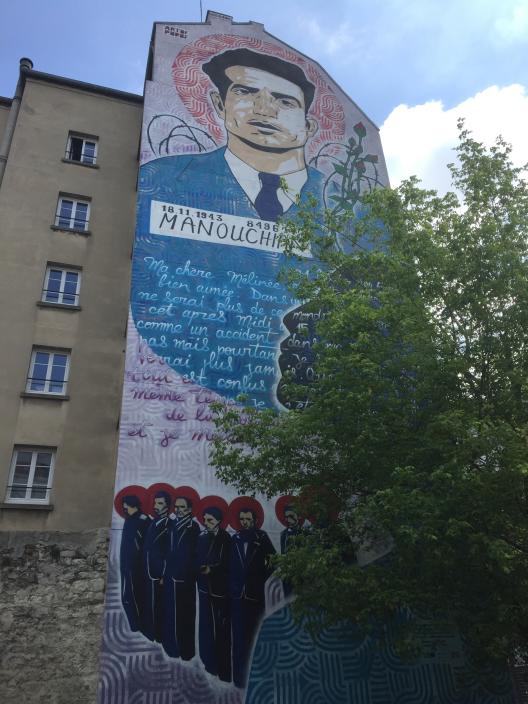Creating Community: How Communist Immigrants Formed Local Groups and Resistance Networks in France

By graduate student Darcy C. Benson, Department of History

I’m honored to have been awarded a research grant from the Migration, Mobility, and Immobility Project to fund my dissertation research this past summer in Paris and Toulouse, France.
My dissertation, “Fighting in the Shadows: Communist Immigrant Communities and Resistance in France, 1930-1944,” focuses on the immigrant communist communities that became the foundation of clandestine communist resistance networks in major French cities during World War II. Classified as terrorists and criminals, hunted by the French police and German occupying forces and tarred as “other” for their religious beliefs, countries of origin and communist loyalties, members of the Francs-Tireurs et Partisans – Main d’Œuvre Immigrée (FTP-MOI) were a small but extremely significant part of the Resistance in France during World War II.
My dissertation is a social and cultural history of the networks that supported them in these major French cities. The FTP-MOI was highly successful in its efforts to carry out hundreds of dangerous missions against the French State and Nazi Occupation because its members relied heavily on pre-existing community networks. While most members of the FTP-MOI were communist immigrants from Spain, Italy, Eastern Europe and Armenia, others were first-generation French communists. Many members of the FTP-MOI, both immigrant and French, were also Jewish, which yet again marked them as “other.” These French men and women joined the FTP-MOI because they had often been accused of not being “French enough,” and thus shared experiences with more recently-arrived communist immigrants.
At archives in Paris and Toulouse, I found documents relating to the structures of these resistance networks and the actions these men and women took against Nazi and Vichy officials. I traced the information about individual resisters back into the 1930s looking at census data, voter registrations and police records. From these documents, I was able to then locate records relating to participation in labor unions, literary associations, sports clubs and political organizations. I have now mapped out both the resistance networks and their roots in pre-war communities. The research undertaken this past summer was fundamental to my dissertation and would not have been possible without funding from the MMI project.

Caption: Mural in the twentieth Arrondissement of Paris dedicated to the Parisian brigade of the FTP-MOI (photo courtesy of author)
